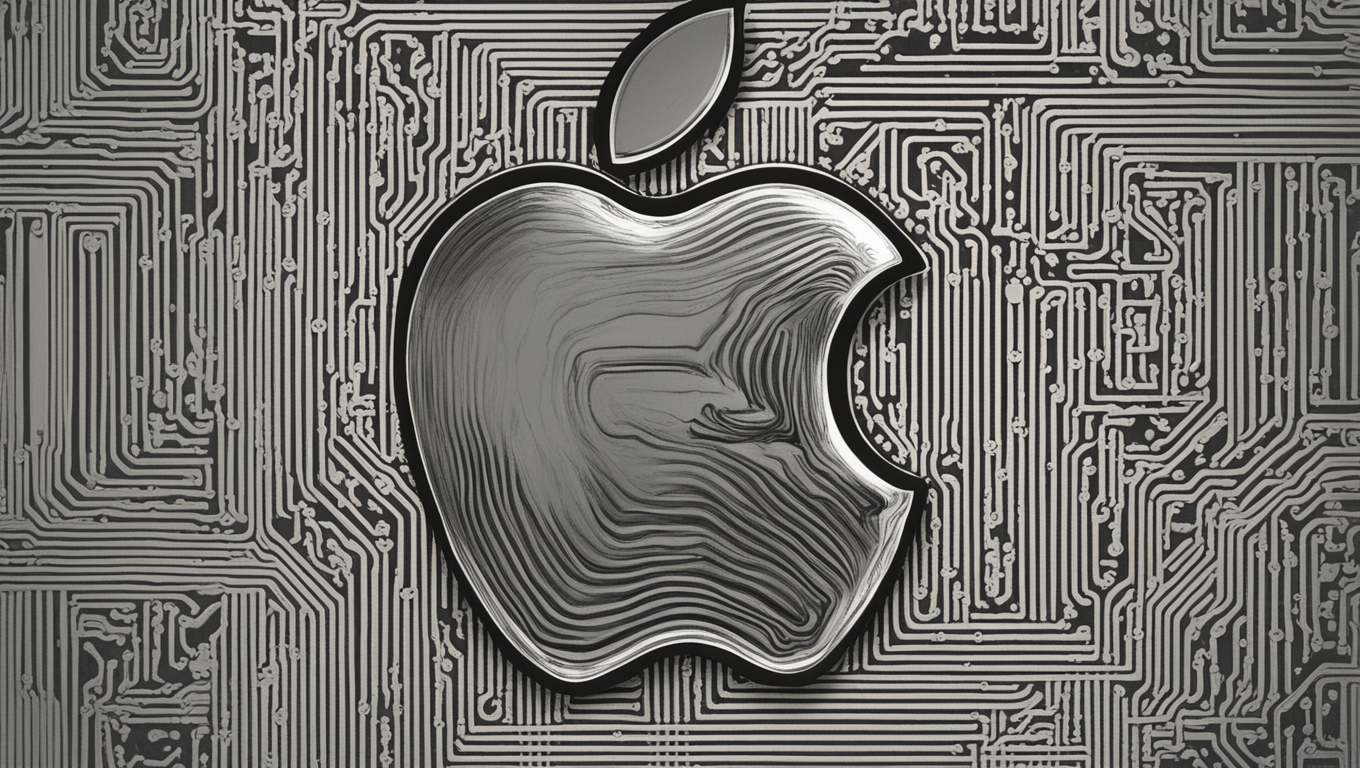At the Worldwide Developers Conference (WWDC) held on June 10, Apple unveiled its plans to revolutionize its virtual assistant, Siri, by integrating more advanced artificial intelligence (AI) capabilities. This upgrade will enable users to control individual app functions through voice commands, a significant advancement for Siri.
The revamp of Siri’s underlying software involved the use of large language models, a core technology behind generative AI. This technological improvement will allow Siri to take command of all features within apps for the first time. Apple has been working on several features as part of its AI strategy, including voice memo transcriptions and summaries, quick recaps of websites and notifications, automated message replies, advanced photo editing, and AI-generated emoji.
The company has also been making efforts to process more basic AI tasks on devices themselves, while delegate more advanced capabilities to cloud computing. Apple has been in talks with OpenAI to incorporate the start-up’s chatbot and other technology into the iOS operating system. Additionally, discussions are underway with Google parent company Alphabet to potentially utilize its Gemini software in the future.
Craig Federighi, Apple’s software boss, has instructed his teams to develop as many new AI features as possible for this year’s operating system updates, with Siri being a key focus. The new system will allow Siri to control and navigate an iPhone or iPad with greater precision, including opening individual documents, moving notes to different folders, sending or deleting emails, accessing specific publications in Apple News, emailing web links, and summarizing articles.
Currently, Siri is limited to broader commands such as playing music or looking up information. Although Apple offers “app intents” that allow developers to create commands for Siri to tap into individual app features, the new system will go further. It will utilize AI to analyze users' activities on their devices and automatically enable Siri-controlled features. Initially, this feature will be limited to Apple’s own apps, with plans to support hundreds of different commands.
However, this new AI initiative is not expected to be released until next year as part of an update to iOS 18. Despite the delayed release, Apple has plans to eventually allow users to chain commands together, enabling complex requests like summarizing a recorded meeting and sending it as a text, or cropping a picture and emailing it to a friend.
Privacy concerns have arisen with the implementation of this new system. While on-device tasks will not share personal information, cloud-based tasks will require the transfer of some user data to remote servers. Apple intends to protect this information using its “Secure Enclave” technology found in high-end Mac chips powering data centers. To further reassure users about data privacy, the company will create an “intelligence report” outlining how the information is secured.
Apple’s push to enhance Siri comes as the company seeks to regain its pioneering position in the voice-based interface and AI space. Siri was first introduced in 2011, giving Apple an early lead, but it eventually lost ground to competitors like Amazon’s Alexa and Google Assistant. Furthermore, Apple has been experiencing a sales slowdown, with its shares underperforming those of its peers.
Apple is hoping that the introduction of these new AI features for the iPhone, iPad, and Mac, along with the Siri upgrades, will incentivize users to upgrade their devices. Many of the on-device AI capabilities will require an iPhone 15 Pro or later, while Macs and iPads will need at least an M1 chip.
As Apple expands the capabilities of Siri and incorporates advanced AI into its products, the company aims to provide a more seamless and intuitive user experience, solidifying its position in the tech industry.





Use the share button below if you liked it.